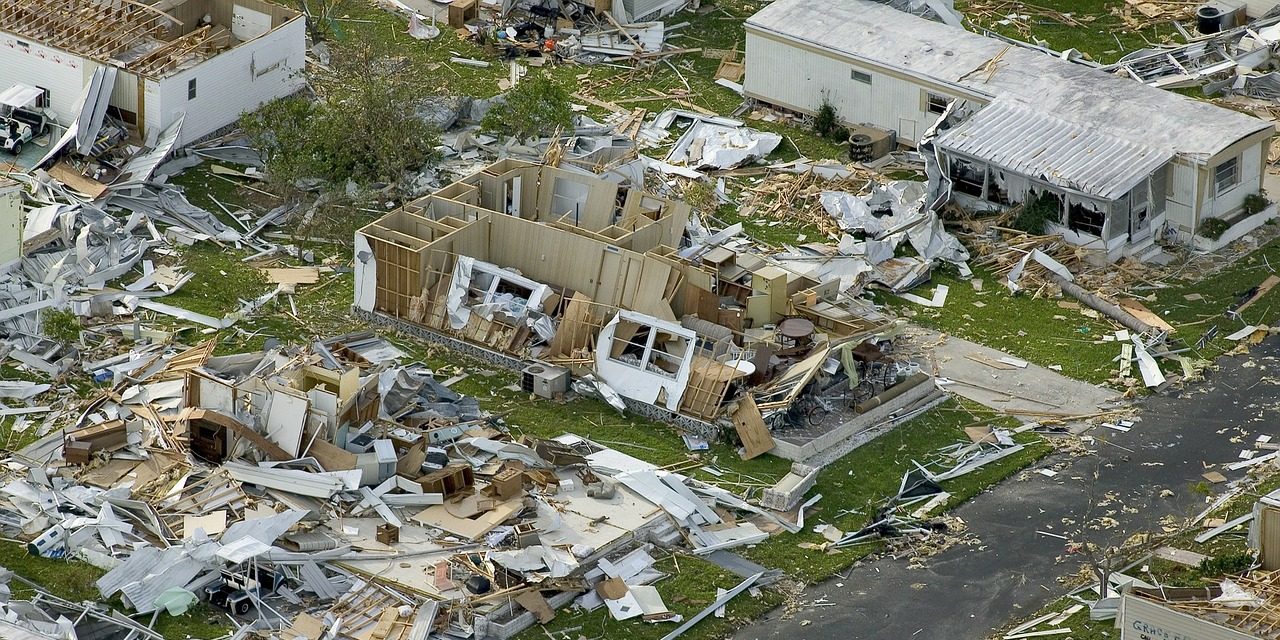
The impacts of natural hazards continue to increase around the world; the frequency of recorded disasters affecting communities has risen significantly over the past century. Hundreds of thousands of people are killed and millions injured, affected or displaced each year because of disasters, and the amount of property damage has been doubling every seven years on average over the past 40 years. Although earthquakes and tsunamis can have horrific impacts, most disaster losses stem from climate-related hazards such as hurricanes, cyclones, other major storms, floods, landslides, wildfires, heat waves and droughts. Current evidence demonstrates that changes in the global climate will continue to affect the frequency and severity of climate-related hazards.
Unfortunately, there is a great shortfall in current research on how science is used to shape social and political decision-making in the context of hazards and disasters. Addressing this problem requires an approach that integrates research and policy-making across all hazards, disciplines and geographic regions. The IRDR Programme endeavours to bring together the natural, socio-economic, health and engineering sciences in a coordinated effort to reduce the risks associated with natural hazards.
The IRDR Programme has three research objectives, the first of which deals with the characterization of hazards, vulnerability and risk. The identification and assessment of risks from natural hazards on global, regional and local scales, and the development of the capability to forecast hazardous events and their consequences is, of necessity, interdisciplinary. Understanding of the natural processes and human activities that contribute to vulnerability and community resilience need to be integrated in order to reduce risk. This objective addresses the gaps in knowledge, methodologies and types of information that are impeding the effective application of science to averting disasters and reducing risk.
The second research objective involves understanding decision-making in complex and changing risk contexts. Understanding effective decision-making as part of risk management – what is it and how it can be improved – calls for an emphasis on how human decisions and the pragmatic factors that constrain or facilitate such decisions contribute to hazards becoming disasters and/or may mitigate their effects.
The third research objective, on reducing risk and curbing losses through knowledge-based actions, requires integration of outputs from the first two objectives and can only be achieved through implementing and monitoring informed risk reduction decisions, and through reductions in vulnerability or exposure. Processes of human adjustment or adaptation can be used to reduce vulnerability and increase resilience.
Three cross-cutting themes will support the objectives: capacity building, including mapping capacity for disaster reduction and the building of self-sustaining capacity at various levels for different hazards; the development of case studies and demonstration projects; and assessment, data management and monitoring of hazards, risks and disasters.
IRDR is co-sponsored by the International Science Council (ISC) and the United Nations Office for Disaster Risk Reduction (UNDRR). The programme’s direction & governance is assured by the IRDR Oversight Group composed of the ISC and the UNDRR. The ISC nominates the Scientific Committee, its Chair and the Executive Director in consultation with UNDRR. The Scientific Committee is a body whose membership is jointly established by the ISC and the UNDRR and has the responsibility for formulating policy on IRDR programme development and implementation.
Along with UNDRR, the ISC contributes to the development and approves strategy and activity plans, as well as associated budgets. The ISC also establishes and appoints international steering/advisory committees, with the possibility for ISC members to submit nominations as part of the process. The ISC is also in charge of reviewing IRDR, defining review terms of reference, appointing review panel members, funding ISC representatives.
A number of IRDR International Centres of Excellence (ICoE) have been established, through the IRDR Scientific Committee and the relevant National Committees, to provide regional and research foci for IRDR. Each ICoE research programme embodies an integrated approach to disaster risk reduction that directly contributes to the IRDR Science Plan and its objectives.
ICoE and IRDR projects collaborate to provide global contributions towards achieving the IRDR legacy. The International Centres of Excellence seek to facilitate regional scientific activities through geographically-focused contributions based on more localized inputs and by being visible centres of research serving to motivate participation in the IRDR programme.
IRDR actively encourages the creation of National and Regional Committees to support and supplement IRDR’s research initiatives, and help to establish or further develop crucial links between national disaster risk reduction programmes and activities within an international framework. National and Regional Committees help foster the much-needed interdisciplinary approach to disaster risk reduction within national scientific and policy-making communities, and serve as important national focal points between disciplinary scientific unions and associations.
Image by WikiImages on Pixabay